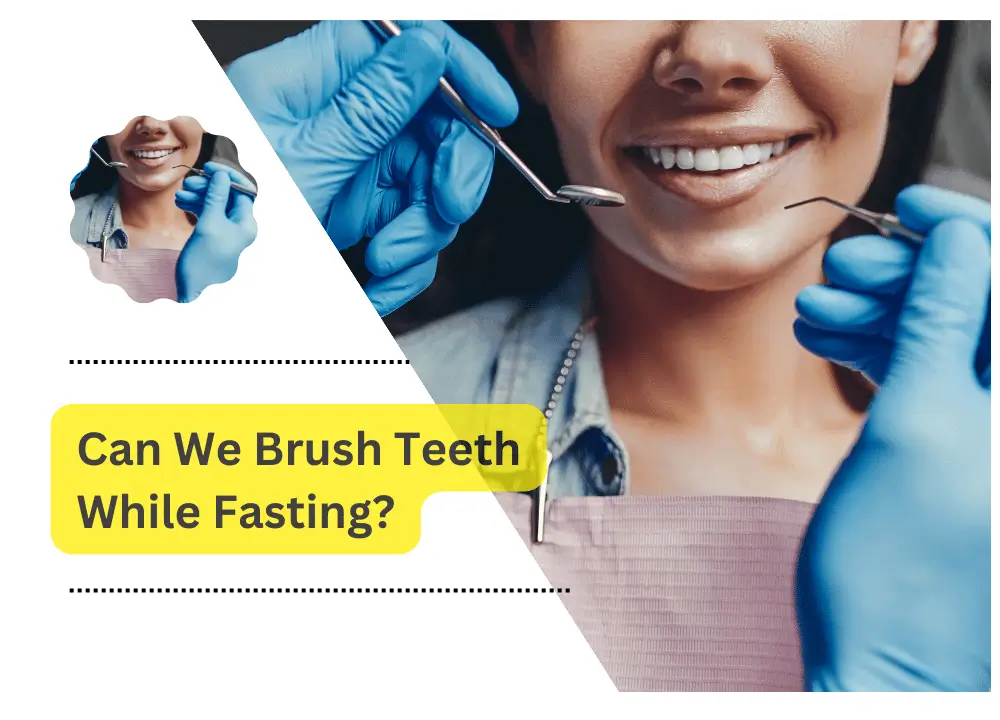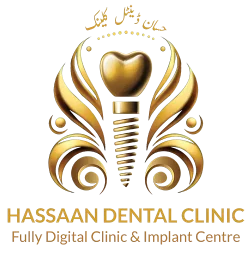All of the world’s major religions support fasting as a universal custom. But most people get confused: can we brush teeth while fasting? As fasting serves as a shield to keep one safe from sin and lustful cravings, according to the Prophet Muhammad (peace and blessings be upon him). It is said that when Jesus’ disciples asked him how to drive out evil spirits, he replied, “But this kind never comes out except by prayer and fasting.” Matthew 17:21. Similarly fasting has a bundle of benefits for health as well. Dental care while fasting is a necessary part of health care. In this blog, we will explore whether can we brush teeth while fasting?
Is It Permissible To Brush The Teeth While Fasting?
Let’s just get to know in detail about the permission to brush while fasting. As it is said,
“There is nothing wrong with that so long as one is careful to avoid swallowing any of it, just as it is prescribed in Islam for the fasting person to use the miswak (tooth-stick).” (Fatawa al-Shaykh Ibn Baz, 4/247).
The short answer to the question, can we brush teeth while fasting? is that it is allowed, but it is best to avoid using them because the toothpaste is too strong and could get stuck in your throat. One should do that at night rather than during the day. (Ibn ‘Uthaymin, Al-Sharh al-Mumti, 6/407-408).
The toothpaste tastes differently in the mouths of those using it. The person will break his fast if he swallows the saliva at that precise moment. The fast won’t be broken if he doesn’t swallow the saliva or if there is so little toothpaste that there is no taste, which is extremely unlikely. However, using toothpaste to brush is not preferred.
Without toothpaste, brushing your teeth is safe. Using a miswak is in line with the Sunnah of the Prophet Muhammad (peace and blessings be upon him). One will receive the reward for following the Sunnah by using the miswak.
Shortly, the fact is that one must strictly don’t swallow the toothpaste while brushing, then there is no problem.
Perception And Practice Of Fasting:
Some people attempt to avoid even swallowing their saliva and believe that using a toothbrush or any other foreign object invalidates their fasting. Consequently, these patients may decline treatment and a clinical oral examination while fasting!
Particularly during Ramadan, dentists must be on the lookout for potential noncompliance among fasting patients. While Muslim dentists might be able to persuade their patients that this or that event won’t break their fast, it might be wiser for dentists who are not Muslims to make accommodations to accommodate their practices for these patients.
Things Patients Feel Difficult To Do During Their Fast:
- Most people who observe fasts also refrain from getting dental work done because they are afraid of breaking their fast. There is some ambiguity regarding the ramifications of treating a patient who is fasting, even among medical professionals.
1. Adherence to dental hygiene protocols. Patients may
Neglect to brush their teeth or floss (floss does not invalidate fast).
Dentists’ recommendations are important to consider. Tell the patient to brush and floss well before going to bed, and suggest brushing right after the meal that occurs right before dawn (sahur/sehri). Brushing twice a day is adequate to prevent oral diseases.
2. Consume your prescription. Patients may
Take all prescribed medications outside of fasting hours, which results in incorrect dosages.
Take all prescribed medications at once, especially if multiple prescriptions are given.
Actions That Render the Fast Invalid:
- Intentionally consuming food, beverages, or tobacco.
- Intentionally inducing vomiting in oneself.
- The onset of menstruation or bleeding after giving birth.
- Sexual relations or intimate contact.
Activities Allowed Throughout the Fast:
- Having a shower or bath. If water is consumed. Unintentionally, it won’t render the fast invalid.
- The majority of academics believe that swimming is acceptable.
- Cleaning the mouth or nose with water after using a toothbrush, even with toothpaste.
- Using eye drops or contact lenses
- Inadvertently consuming food or beverages, such as neglecting to observe one’s fast. However, one must continue their fast and stop as soon as they remember.
Conclusion
In conclusion, dental care is a crucial element for one’s safe health. People become conscious about their dental health while fasting. The answer to the question, can we brush teeth while fasting? is yes but with extra care. Because toothpaste has a very strong taste and there are high chance of swallowing the toothpaste. Without toothpaste, brushing your teeth is safe. Using a miswak is in line with the Sunnah of the Prophet Muhammad (peace and blessings be upon him). One will receive the reward for following the Sunnah by using the miswak.



